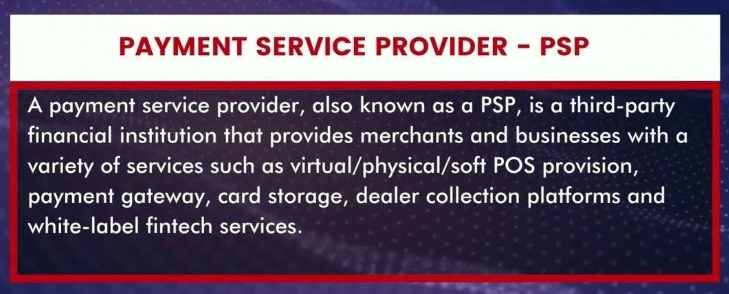Now that the Directive obliging Payment Service Providers (PSPs) to provide information for CESOP has entered into force, I think one has to realise the problem that these PSPs are encountering to register in all the Member States in which they are “passporting”, even though they are not established there and the payments are made through their own Member State of Establishment.
Since adopting this Directive, the EU Commission had always insisted that this proposal should not increase burdens on PSPs as the information required is already at their end.
However, the drafting of the Directive is tied to the definitions of the Payment Services Directive (PSD) and the obligations for submission of such information depends on the interpretation of the PSD Directive itself. This is leading to a situation whereby “passporting” is being considered as “providing services in a Host Member State” thus obliging PSPs to submit the information in all those Member States where they “passport”.
This means not only that PSPs have to submit the data to all member states separately, but also to register for VAT in Member States where they “passport” because certain Member States make this compulsory in order to be able to submit such information.
In addition, the PSPs will also have to register with each Member State to obtain access to that Member State’s electronic services as the information is required electronically. Some Member States require that the PSP should attend personally to the Tax Administration office in order to obtain such e-services registration.
This is causing a huge problem for PSPs not only logistically, but also financially because they have to incur extra expenses to register in the Member States where they are not established.
In my opinion, the information which the PSPs shall be submitting is very important for Member States in order to help them in their fight against VAT fraud. Hence, PSPs should not be discouraged to comply with this directive because of the bureaucratic complications of the different systems adopted by Member States.
This problem could easily be solved if the Commission would adopt a proposal that the information which a PSP should provide in relation to the different Host Member States, could be made available through their Home Member State, the same way the One-Stop-Shop system is working. In this way, one would avoid the unnecessary obligation for PSPs to register for VAT in Host Member States as well as other additional burdens connected to the use of electronic services for each Member State. This would encourage PSPs to comply and would also make the CESOP data more reliable.
Source Joseph Sammut















